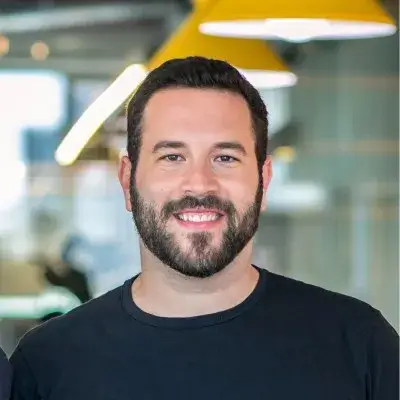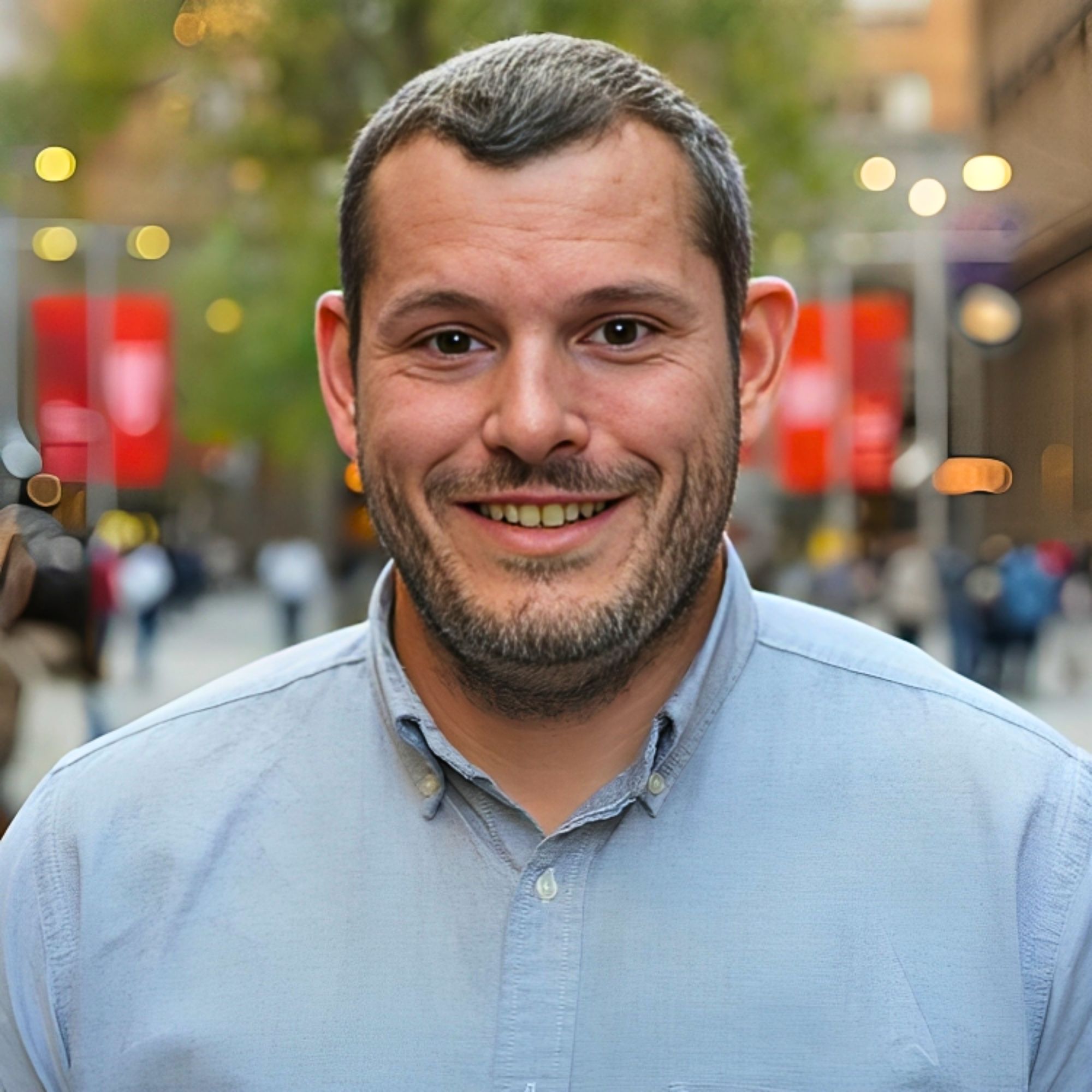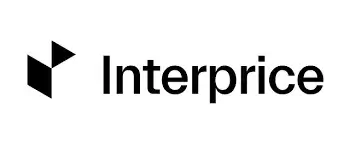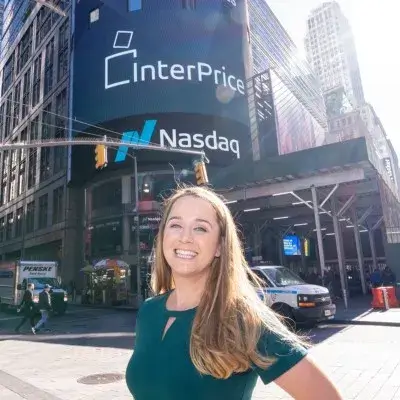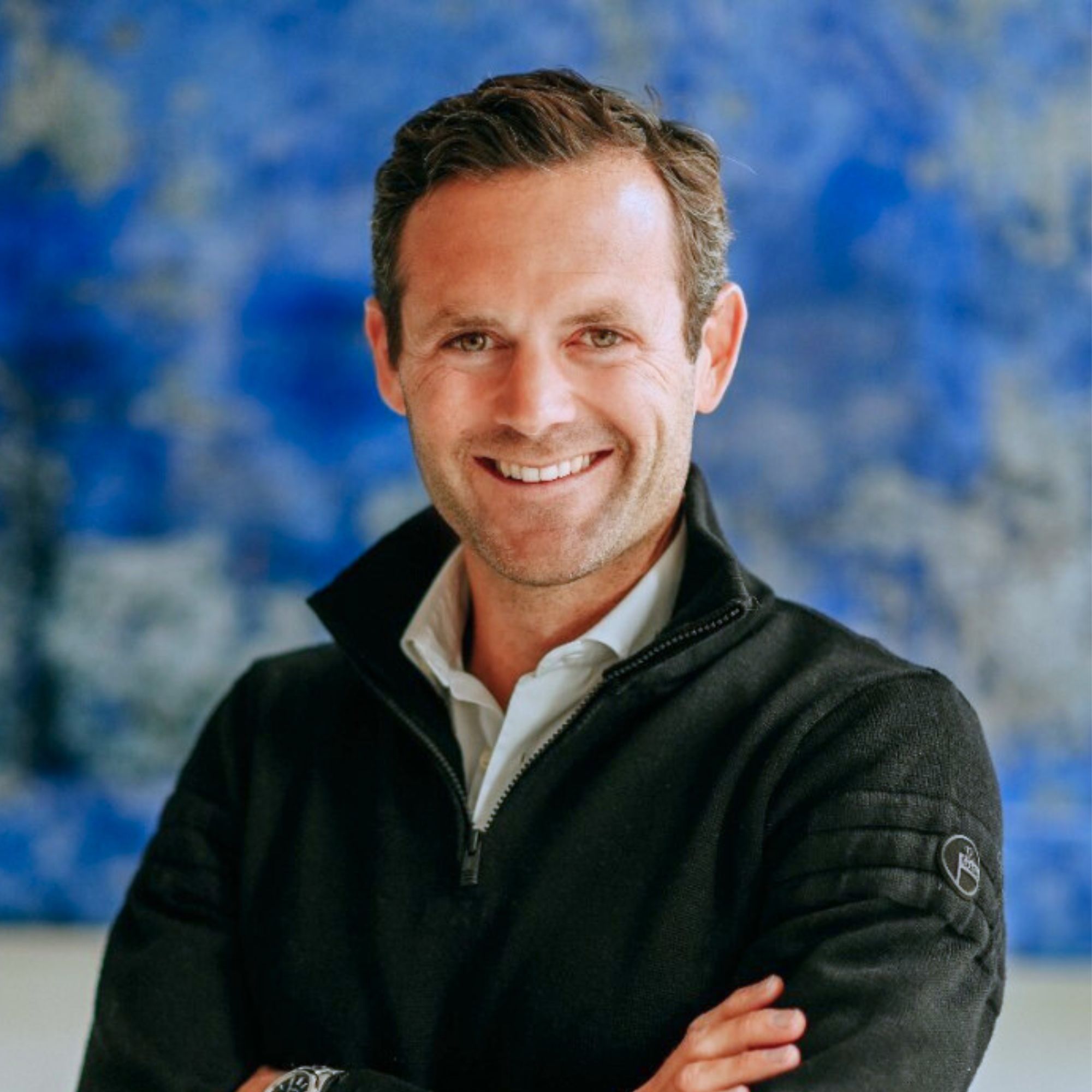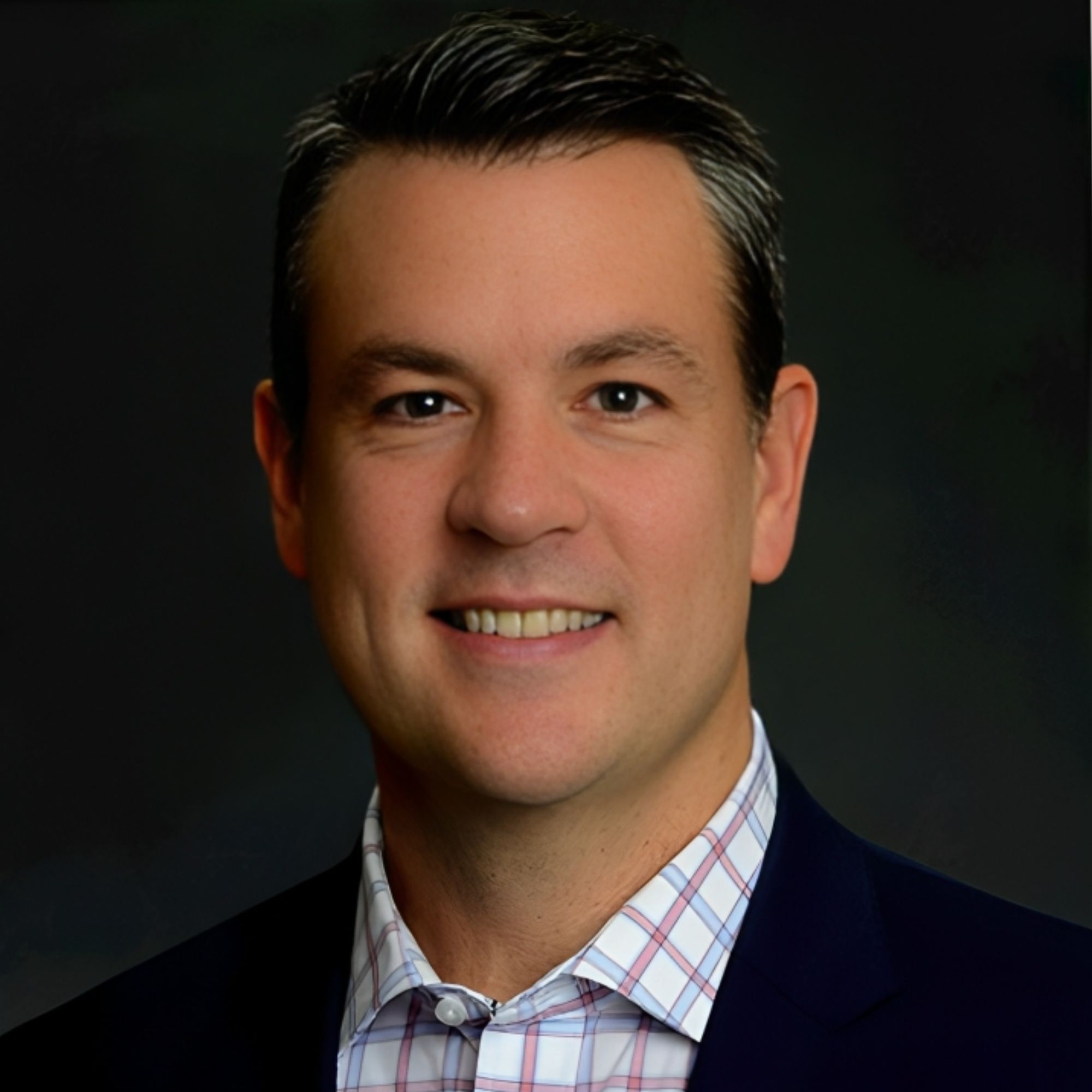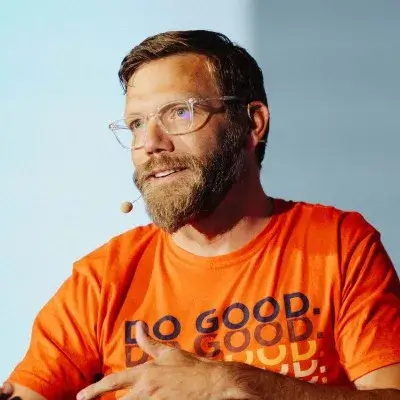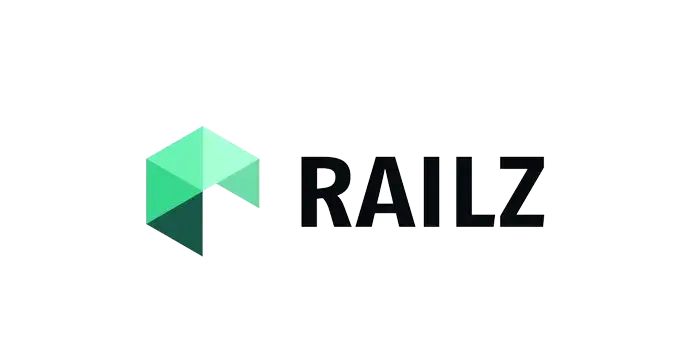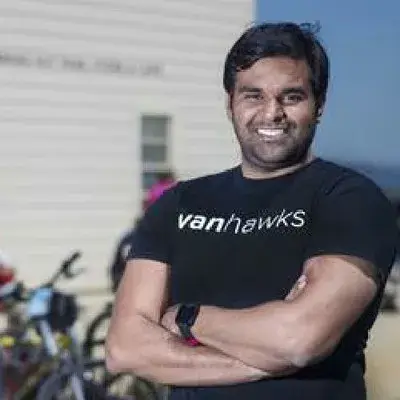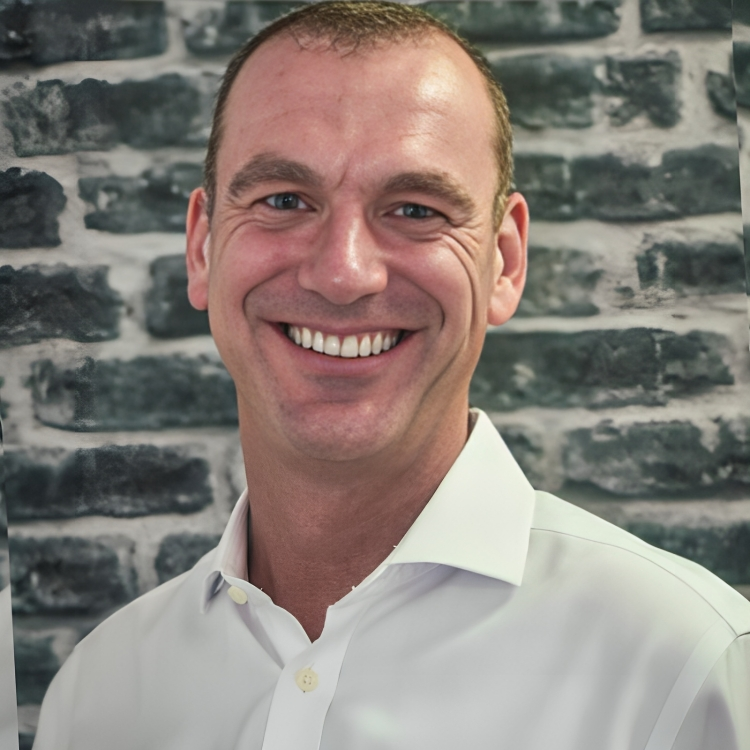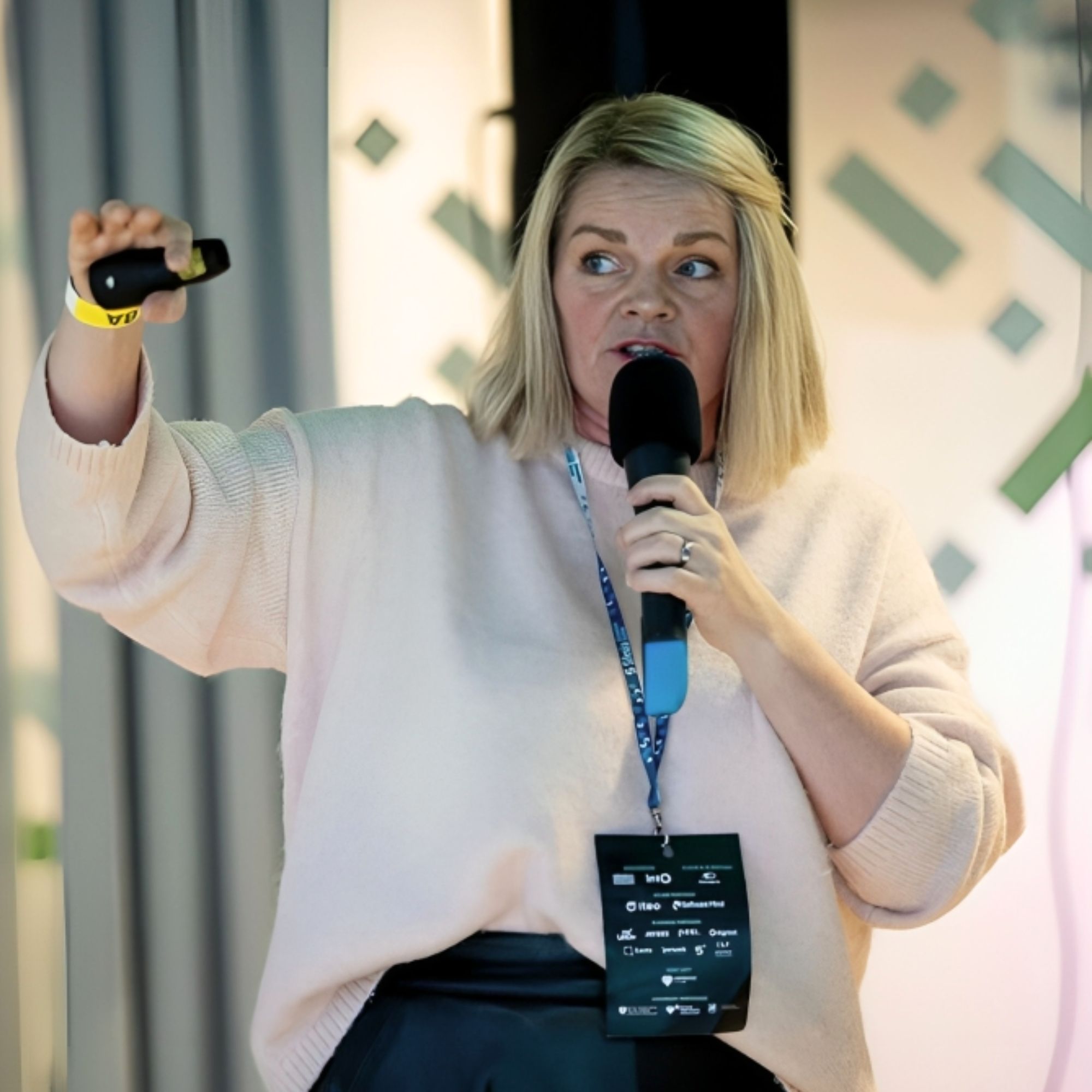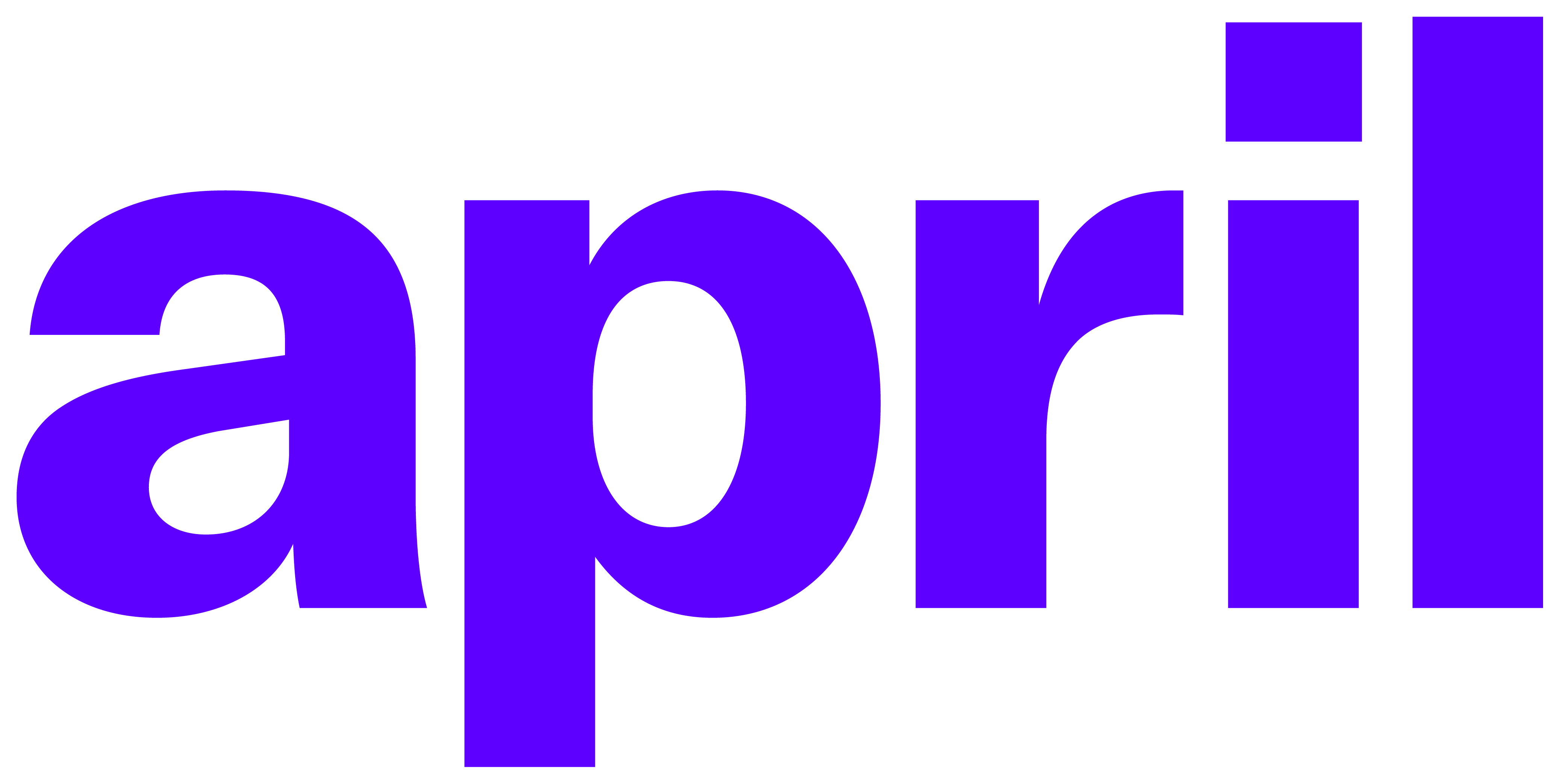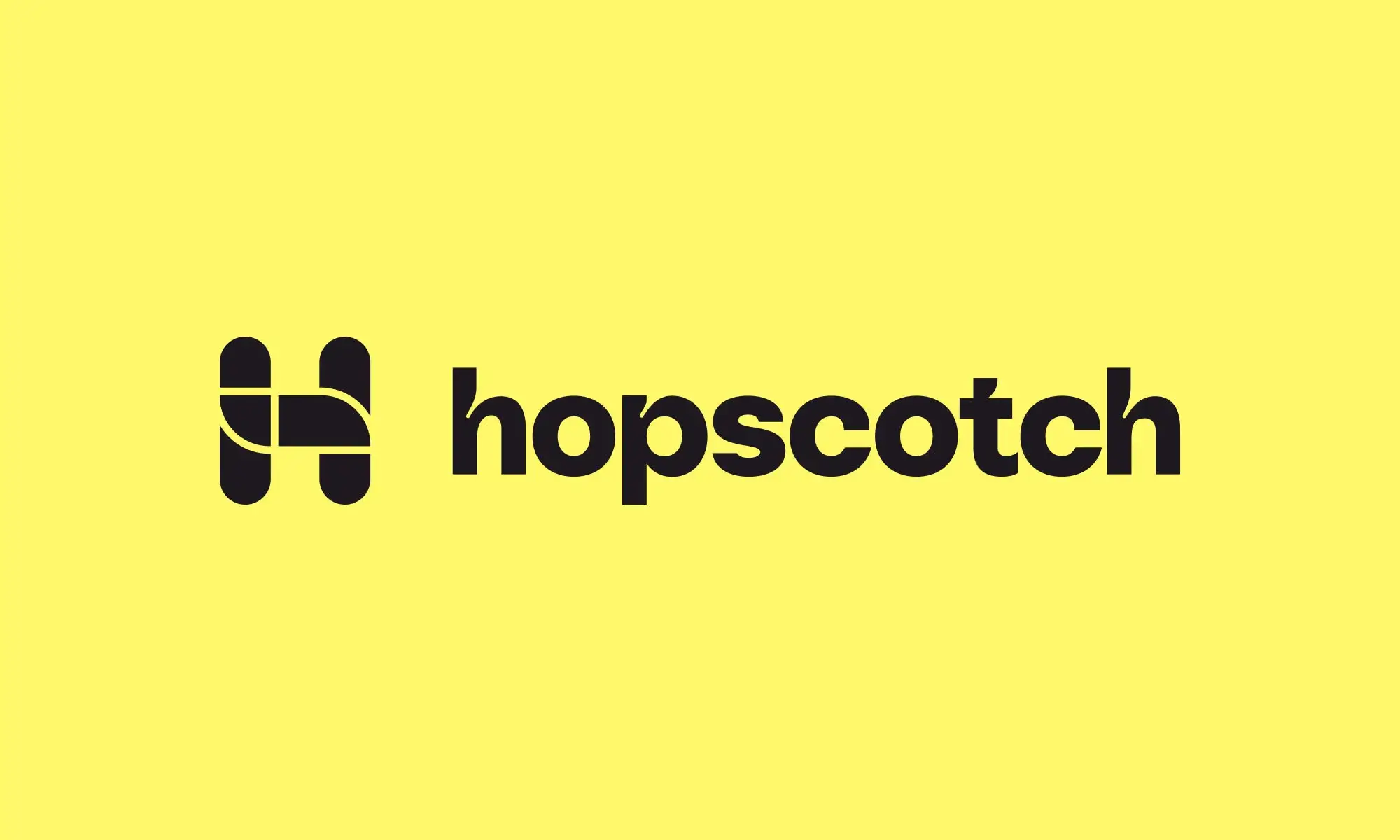Ready to build your own Founder-Led Growth engine? Book a Strategy Call
Frontlines.io | Where B2B Founders Talk GTM.
Strategic Communications Advisory For Visionary Founders
Actionable
Takeaways
Break into enterprise through brute force outreach:
Bäck leveraged his LinkedIn network to systematically reach out to potential customers, focusing on companies with $50M+ in annual online sales. The key was having enough industry credibility to secure initial conversations.
Adapt your MVP strategy for enterprise:
When building features for early adopters, start with manual processes (like weekly data files) before investing in full automation. This allows you to validate value while managing development costs.
Build community through peer connections:
Rather than focusing on selling, create opportunities for prospects to meet peers facing similar challenges. Bäck found success hosting intimate dinners (10-12 people) where the value came from peer networking rather than vendor pitching.
Embrace imperfect execution:
In startup environments, waiting for perfection can be fatal. Launch quickly, stay close to early customers, communicate transparently about issues, and iterate based on feedback.
Hire for curiosity and action-orientation:
Look for team members who proactively take initiative in group settings and demonstrate genuine curiosity through question-asking. These traits are especially crucial in early-stage startups.
Focus marketing on high-intent channels:
Traditional demand generation tactics like Google Ads may not work well for new categories. Instead, focus on building presence in existing industry communities and conferences where your target buyers already gather.
Conversation
Highlights
The Months-Long Vendor Comparison That Became a $44M Company
Klas Bäck had a problem that seemed simple to solve. As a payments executive at PayPal, his team wanted to prove they performed better than competitors. Show superior results, win more customer volume.
Except the conversation never happened. Not because customers weren’t interested, but because comparing payment vendor performance took months. “We could not have that conversation with a single one of our largest customers without months of comparing data,” Klas recalls. “What are you looking at? That data doesn’t look real. Are you sure that’s your right data?”
In a recent episode of Category Visionaries, Klas Bäck, CEO and Co-Founder of Pagos, a payments operations platform that’s raised $44 million in funding, explained how this frustration evolved into a company.
The Accidental Commitment
Klas and his co-founder started talking about the data problem casually. Someone should fix it, they agreed. Those conversations continued for months, slowly shifting from “someone should” to “maybe we should.” Then one day: “I guess we are actually doing it now because somehow we had already passed into a world where were building and doing and we hadn’t really made a decision until after the fact.”
This gradual slide into commitment might sound haphazard, but it reflects a truth about hard problems. Sometimes the best way to make difficult decisions is to not realize you’re making them.
The Expensive Blind Spot
The payments problem runs deeper than operational inconvenience. “There’s not a single company out there that are selling or billing online that are not finding it challenging to optimize their own payments infrastructure,” Klas explains. “That means that they are leaving money at the table.”
The contrast is striking. “Even extremely large companies that are maybe selling billions of worth of products on any given year, they will not accept not being data driven for anything else. Except when it comes to payments, there is often the data is incomplete, that is too old, that is not correct.”
“The payment industry operates in quite opaque world,” Klas observes. “Everything is complicated and people say a lot of things that they don’t sell and back up with back.”
Infrastructure complexity is accelerating. Companies are building experiences where payments disappear, developing vertical SaaS products, launching marketplaces, going global faster. “Just more complexity,” Klas summarizes. “And as part of that, they just need more help managing more effectively.”
The Organizational Puzzle
Ownership varies wildly. “It could be in finance for traditional reasons, or it could actually be owned by product,” Klas explains. “It could be sitting on an engineering sort of.”
The market breaks into segments. Well-resourced companies building in-house solutions are “the easiest group because they know what they want and we can show pretty quickly that we can do it better.”
The largest segment doesn’t yet grasp the complexity. “Payments, is a weird combination of a little bit of finance, lots of technology and very complicated domain knowledge,” Klas explains. “Like, surely it can’t be that complicated. It’s like, no, actually it’s very complicated and it’s hard to do well.”
When Google AdWords Fails
Building in a new category means traditional playbooks fail. “There is so much more noise out there in the last couple of years than there ever has been,” Klas observes.
Pagos operates in a narrow niche with high buyer intent. Google AdWords should have been perfect. But “that actually didn’t really worked out. Even with expert help, it was pretty complicated to manage and really see, like if we spend $1, do we get anything back?”
The Brute Force Start
Getting initial customers required leveraging existing relationships without apology. “In the beginning it’s a little bit of a brute force,” Klas recalls. “I literally went through every single person that I was connected with on LinkedIn who are a good fit.”
This direct approach worked because Klas had built credibility and relationships over decades in the payments industry.
Community as Strategy
When traditional channels failed, Pagos returned to first principles: create genuine value for the target audience. The answer was facilitating peer connections through dinners in cities across the US.
“Come and have a good time. But it’s not really about meeting us,” Klas explains. “It’s actually meeting your peers and talking to them is actually valuable for another professional contact that you can draw for the future. And that’s been quite good.”
By creating spaces for valuable peer interaction, Pagos became a hub in the payments community rather than just another vendor. “We try to be a node of the people that are working with us or are thinking about working with us.”
The Action Philosophy
When asked about his most important go-to-market decision, Klas emphasized action over analysis. “At the end of the day you just got to go for it. Like, hey, not everything is perfect. It is a startup, it is understood and ideally you get everything right, but sometimes you don’t. And then how you fix it and how you manage it matters a lot.”
This extends to product development. When customers needed features that would take months to build, Pagos started with the simplest implementation. A weekly data file became daily, then streaming. “Otherwise it would have been too big of a lift in the short term, but it was valuable for them, so were lucky enough to do it.”
The alternative is paralysis. “I think sometimes people just sitting in their own company and like, hey, thinking about all these scenarios without going out and talking to people and then you may be way off versus what people are actually looking at or you think you have the idea, but there’s something else that really resonates us.”
Action Plus Curiosity
Action alone isn’t sufficient. Klas emphasizes curiosity as essential. “If you’re not curious. It’s really hard to do well in startups. Like if you don’t ask questions, you may not actually capture what’s happening or what people are doing.”
Without curiosity, teams execute but don’t learn. “If you don’t ask the customers the hard questions, you may think they want something, but they actually want something completely different and you don’t understand each other.”
The Vision
Pagos targets massive scale. “Our core focus is on companies that are selling and billing online and we are fortunate there are many of those. There’s probably in the core segment, maybe 100,000 of it in the US.”
The vision isn’t just adding customers but expanding within existing accounts. “You had two KPIs that you were saying was important for the company, but you really should have seven because that’s what your peers are having.”
From a months-long vendor comparison problem at PayPal to building the payments data company, Klas’s journey illustrates that sometimes the best way to start is to just start building. Make decisions by not realizing you’re making them. Create value before you perfect positioning.








